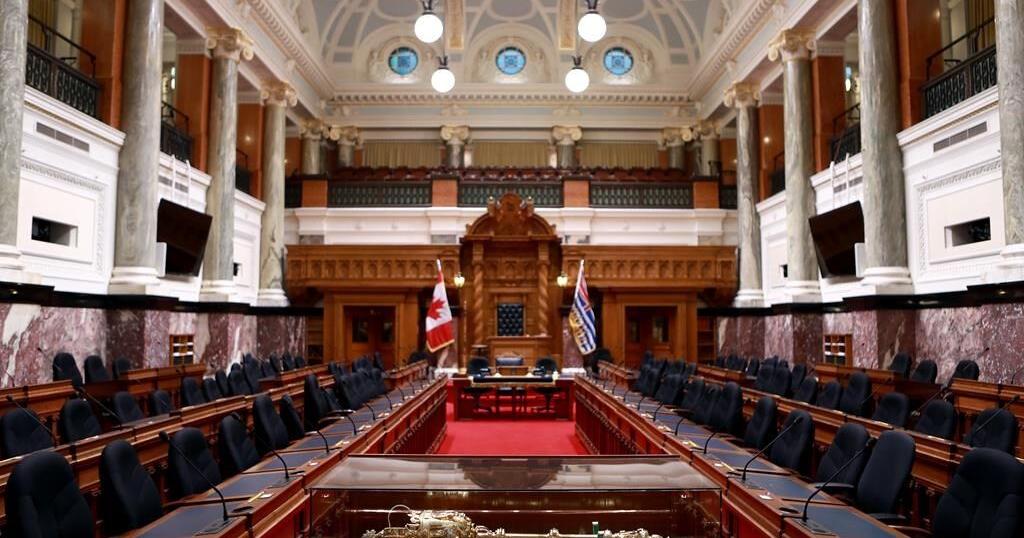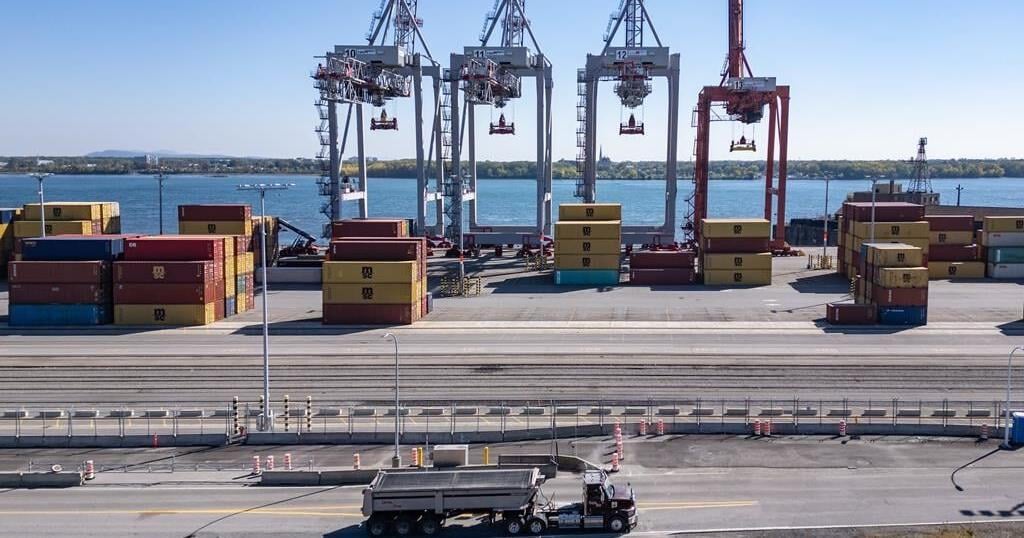TORONTO – Jessica Pegula continues to dominate north of the border.
The No. 3 seed and sixth-ranked WTA Tour player topped Amanda Anisimova 6-3, 2-6, 6-1 to defend her National Bank Open women’s singles title in Monday’s all-American final.
Pegula, from nearby Buffalo, N.Y., also won last year’s Canadian tennis championship in Montreal and improved her all-time record at the event to 17-2 in securing the sixth tournament victory of her career.
Anisimova, who entered the week ranked No. 132 as she continues her comeback after stepping away from the game for a mental health break last year, beat three top-20 players in Toronto, including No. 3 Aryna Sabalenka in the quarterfinals.
Monday’s showdown marked just the second time the final of a WTA 1000 event — one step below the sport’s four Grand Slams — has featured two Americans since the format was first introduced in 2009, with the only other instance coming in 2016 when Serena Williams defeated Madison Keys in Rome.
Pegula, who improved to 3-0 against Anisimova after also topping her on clay earlier this season, beat Liudmila Samsonova in last year’s final.
The 30-year-old daughter of Terry and Kim Pegula — owners of the NFL’s Buffalo Bills and NHL’s Buffalo Sabres — picked up a break in the first game and led 5-3 when Anisimova double-faulted to go down a set in the wind at Sobeys Stadium.
Anisimova trailed love-40 in the second set before battling back to hold and then broke Pegula to go up 2-1 following a long rally.
The 22-year-old former French Open semifinalist from Freehold, N.J., then pushed ahead 5-2 with another break when Pegula committed a double fault before holding serve to hand her compatriot her first dropped set of the tournament.
Pegula held serve to open the third set and then broke Anisimova to go up 2-0. She then held serve and broke Anisimova to move two points from the title.
Anisimova sent a return into the net to stretch Pegula’s lead to 5-0.
Pegula served out from there to become the first player to successfully defend her Canadian title since Martina Hingis in 2000 after Anisimova sent a shot long.
Monday marked the first time two American women have played for Canada’s national championship since Serena Williams defeated Jennifer Capriati in 2001.
Pegula is the first player to register 10 consecutive wins in women’s singles at the Canadian Open since Serena Williams put up 14 wins from 2011 to 2014.
The NBO finals for both the women in Toronto and the men in Montreal were played on Monday for the first time because of scheduling related to the Paris Olympics.
Ottawa’s Gabriela Dabrowski and New Zealand’s Erin Routliffe faced the American duo of Caroline Dolehide and Desirae Krawczyk in Monday’s doubles final.
Dabrowski, who captured mixed doubles bronze for Canada at the Paris Olympics with Montreal’s Felix Auger-Aliassime, also won the NBO doubles crown in 2021 with former partner Luisa Stefani of Brazil.
Dabrowski and Routliffe beat Dolehie and Krawczyk in last month’s Wimbledon semifinals before losing out to Czechia’s Katerina Siniakov and Taylor Townsend of the U.S. in the title match.
This report by The Canadian Press was first published Aug. 12, 2024.
___
Follow @JClipperton_CP on X.
























